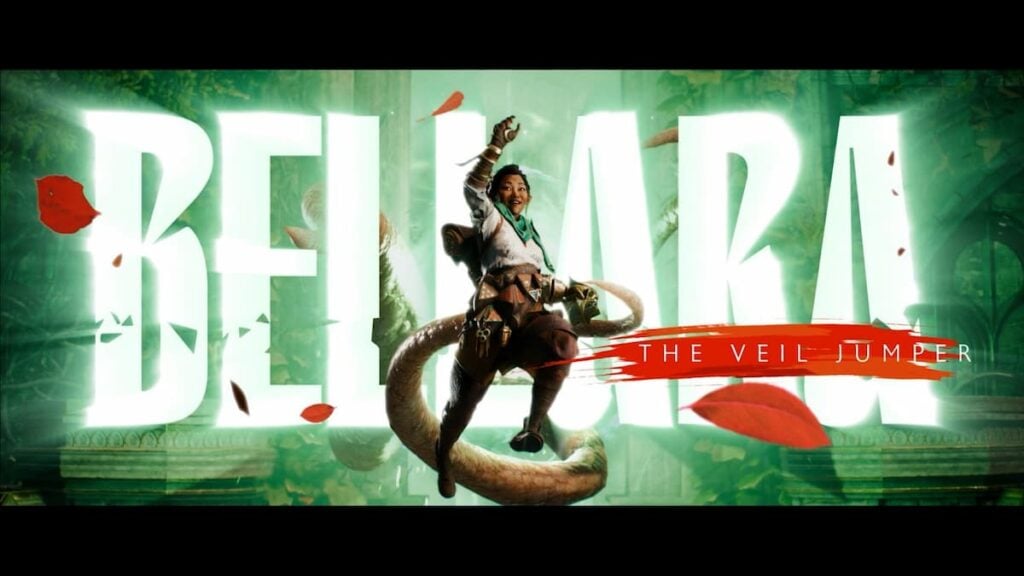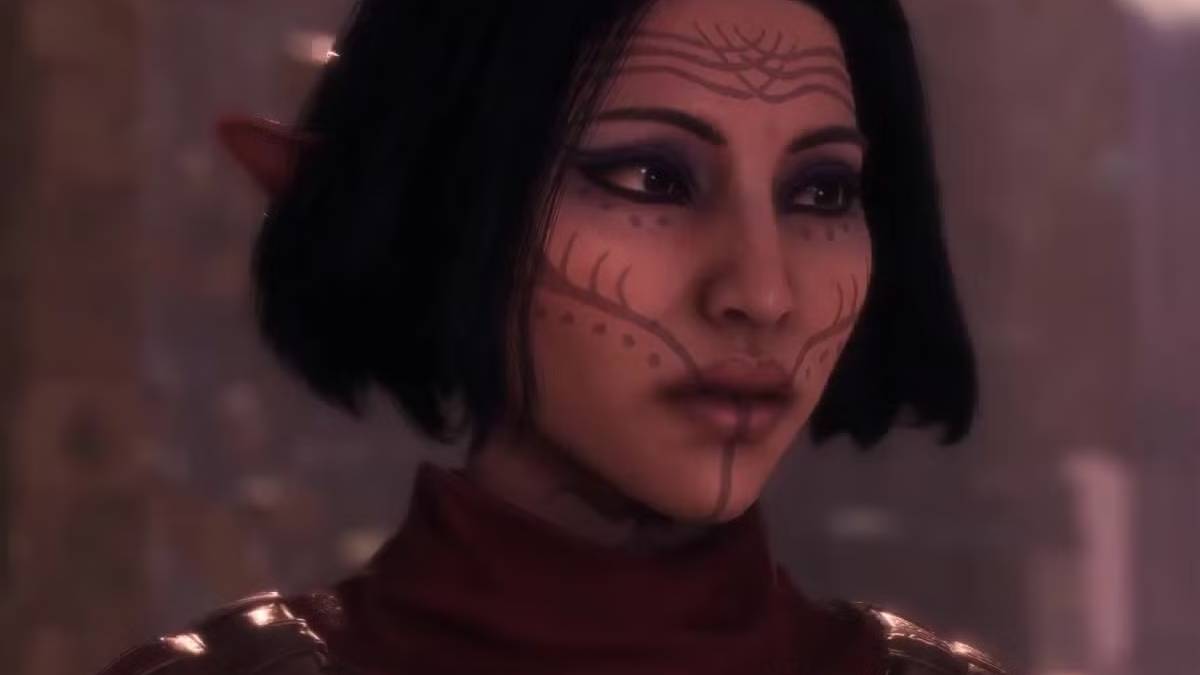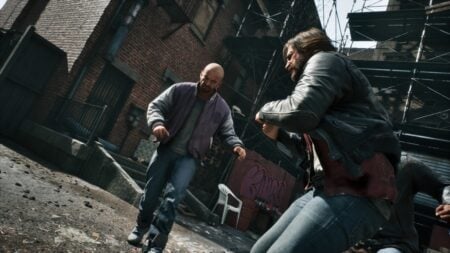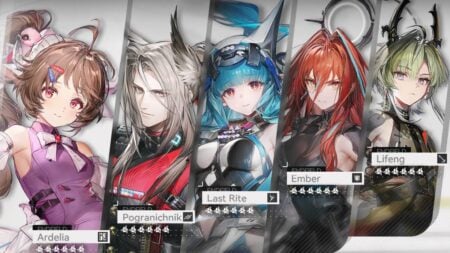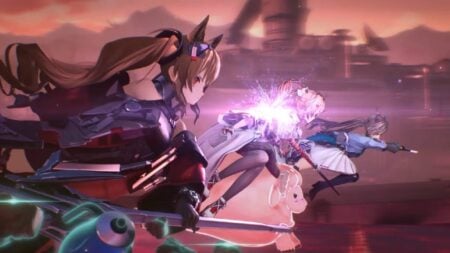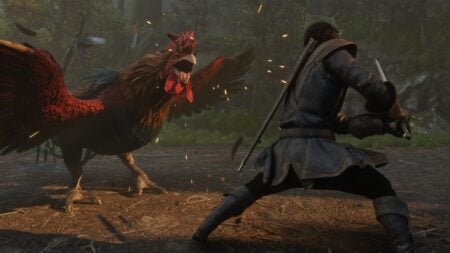Skip To...
Dragon Age: The Veilguard always faced an uphill battle. Initially conceived as a live service game in 2015, Bioware’s latest entry in the well-regarded series pivoted to a single-player title following the success of EA-published titles like Star Wars Jedi: Fallen Order. The Veilguard had to convince Dragon Age fans that it would push the franchise forward after Dragon Age: Inquisition. It didn’t. After only “engaging” 1.5 million players, half the cautious target EA set, we unfortunately have to recognize Dragon Age: The Veilguard as a failure. And if we’re looking for a primary cause of the disappointment, I’d point the finger at the game’s muddled tone.
Tonal Misstep
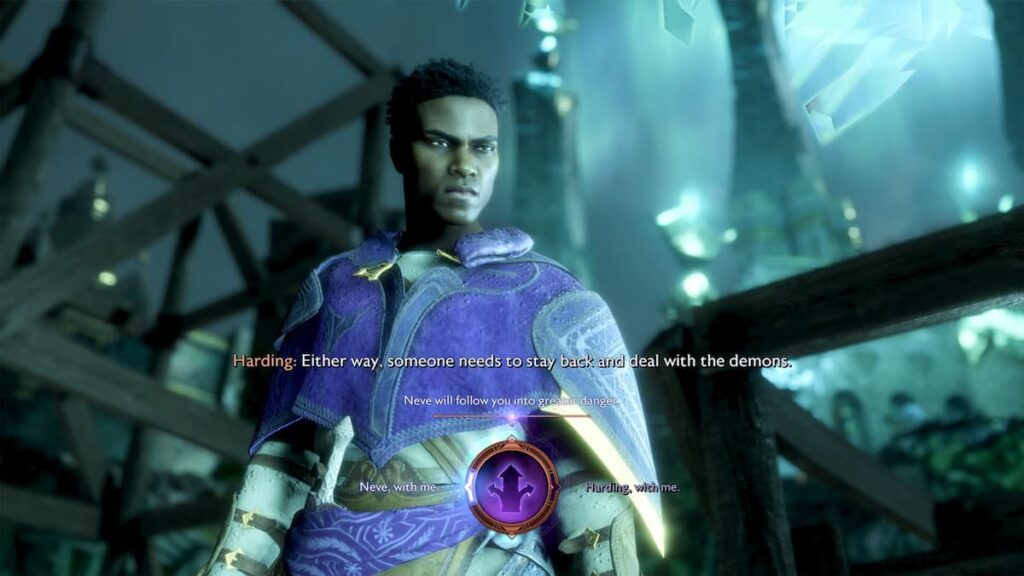
Tone is quite a tricky concept to define. Without being too wishy-washy, it’s a story’s feeling, its “voice”. Juicy adjectives like humorous, bleak, irreverent, and harrowing may be used to describe tone. Of course, there are moments in a story that goes against the prevailing tone, but there should be a consistency that fits with the narrative logic. For example, if your game is about confronting a force hell-bent on destroying the universe, a comedic tone may not be appropriate. Crucially, tone often also reflects the writer’s attitude towards a subject matter.
I give this loose definition to emphasise how different Dragon Age: The Veilguard‘s tone was in comparison to earlier entries in the series. The Dragon Age games always featured moments of levity, allowing you to make withering jokes or nervous wisecracks in the face of unspeakable horrors. But these moments were merely glimmers of light in the darkness. Dragon Age‘s tone has always been dark and gritty, often bleak, conveying the message that sometimes there are no “right” or “good” choices, only grim compromise.
As our writer Patrick said in his review, Dragon Age: The Veilguard eschewed those tonal hallmarks in favor of an adventure so sanitized and black-and-white that it became almost unrecognizable as a Dragon Age game. To be clear, I’m not suggesting that series shouldn’t look to evolve. Taking risks, whether it be with mechanics, aesthetics, tone, or anything else, is how the video games medium develops. But, particularly when it comes to AAA titles, consideration has to be given to commercial viability. And you don’t get much riskier than radically softening the tone of a once-gritty franchise.
The Inquisition
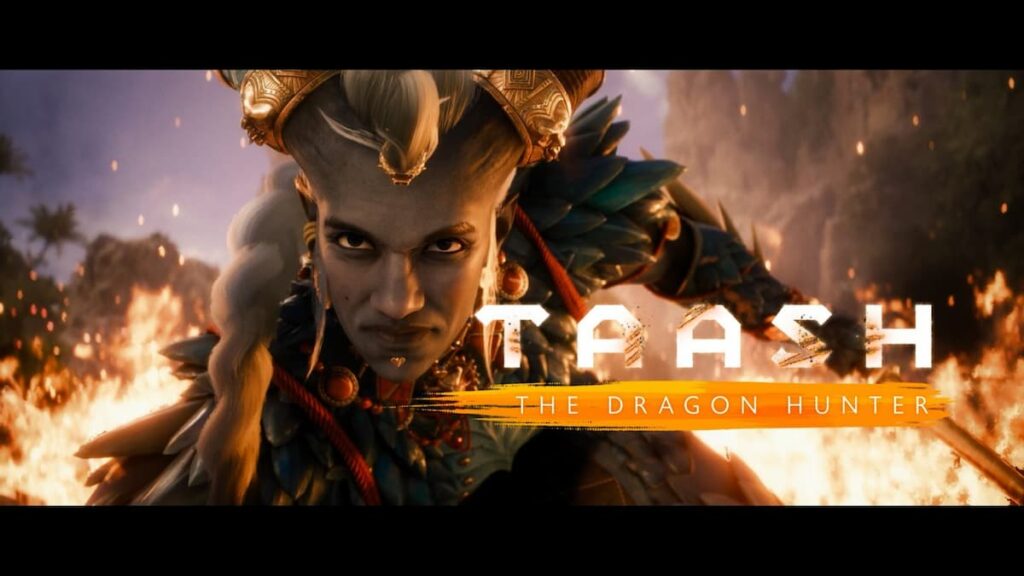
Sadly, only the most deluded supporter could argue that Dragon Age: The Veilguard was a success. EA’s share price tanked following underwhelming sales of EA Sports FC and The Veilguard only “engaging” half the players EA expected. What EA precisely means by players “engaged” is unclear, but it’s safe to assume that it isn’t copies sold. For a game that has been in development for 10 years within an established franchise with a decent fanbase, that’s a disaster.
And that’s not just me saying that. EA has cut Bioware’s headcount in half, clearly showing its disappointment with The Veilguard‘s performance. The publisher evidently doesn’t want to take further risks beyond its even higher-profile Mass Effect series. As our writer Sid implores, however, the lesson that EA takes from this shouldn’t be that single-player games aren’t viable. You don’t need to look far to see damming examples of how risky live-service games can be.
Much blame on the failure of Dragon Age: The Veilguard has been heaped on the game’s focus on representation. Although this undoubtedly irked some, I think this admittedly ham-fisted exploration of topical societal issues is far from the primary cause. The Veilguard had myriad problems, as our review highlighted. Broader storytelling, gameplay, level design and mechanical issues all held it back from greatness.
But had the initial trailer enticed the Dragon Age fans with the promise of a complex, morally challenging narrative and the exploration of mature themes, I have no doubt the generated hype would have resulted in more sales. Of course, The Veilguard would have had to follow through on that promise.
A Bygone Age?
As a big fan of Dragon Age: Origins and Inquisition, in particular, I take no pleasure in The Veilguard ending up a failure. The franchise deserved better. Although no single reason is solely responsible for the game’s commercial performance, I strongly believe that a desperately ill-advised shift in tone played a major part. Like it or not, series become known for their tonal perspectives. Radically altering that from one game to the next is a huge risk.
Sadly, this might as well mean the end of the Dragon Age series. It’s hard to see Bioware working on another Dragon Age in the future, anyway, not least because the studio is now entirely focused on the next Mass Effect, which itself is only in pre-production. We can only hope EA learns some lessons from Dragon Age: The Veilguard‘s underperformance. In fact, let’s hope it learns the right lessons.

